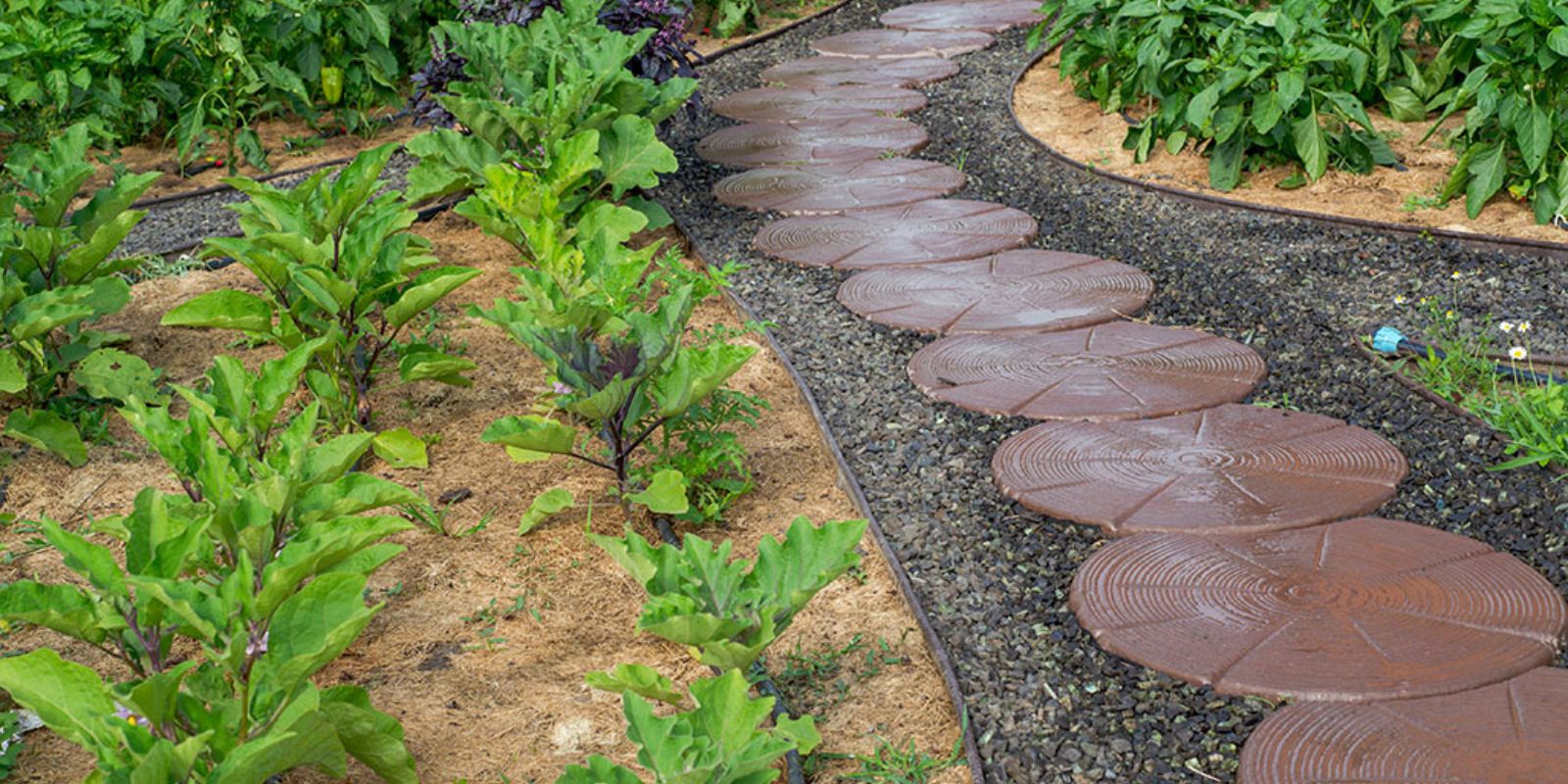Introduction
Weeds are more than just a nuisance in the garden—they can severely impact the health and productivity of your plants. By competing for vital resources such as nutrients, water, and sunlight, weeds can stifle the growth of your garden’s main inhabitants. Fortunately, achieving a weed-free garden is not only possible but also easier with the right strategies. This comprehensive guide explores effective techniques for keeping your garden free from weeds, ensuring that your plants have the best chance to thrive.
1. Understanding Weeds and Their Impact
Before diving into weed management techniques, it’s important to understand what makes weeds so problematic:
- Resource Competition: Weeds compete with your plants for essential resources, which can stunt plant growth and reduce yields.
- Disease and Pest Harboring: Weeds can harbor pests and diseases that may spread to your plants.
- Rapid Growth: Many weeds grow quickly and spread aggressively, making them difficult to control once established.
Understanding these challenges helps in implementing effective strategies to manage and prevent weeds.
2. Mulching: A Key to Weed Control
Mulching is one of the most effective methods for preventing weed growth. Here’s how to use mulch effectively:
- Choose the Right Mulch: Organic mulches like straw, wood chips, and shredded leaves are excellent choices. They decompose over time, enriching the soil while suppressing weeds. Inorganic mulches such as landscape fabric or plastic sheeting can also be effective for long-term weed control.
- Apply Generously: Spread a layer of mulch about 2-4 inches thick around your plants. This thickness is sufficient to block sunlight from reaching weed seeds and to prevent weed growth.
- Reapply as Needed: Mulch can break down over time. Reapply it annually or as needed to maintain its effectiveness.
Mulching not only helps in weed control but also aids in soil moisture retention and temperature regulation.
3. Using Landscape Fabric and Barriers
Landscape fabric is a practical tool for managing weeds:
- Install Landscape Fabric: Lay landscape fabric or heavy-duty newspaper over the soil before planting. Cut slits or holes for your plants and secure the fabric with stakes or pegs.
- Benefits: This method blocks light from reaching weed seeds, preventing them from germinating while allowing water and nutrients to reach your plants.
Using landscape fabric or barriers is particularly useful in garden beds and between rows of plants.
4. Regular Weeding: The Hands-On Approach
Consistent and proactive weeding is crucial for long-term success:
- Hand-Pulling Weeds: Regularly inspect your garden and hand-pull weeds before they flower and set seeds. Pull weeds when the soil is moist to make removal easier.
- Use Tools: Employ tools like weed pullers, hoes, and trowels to aid in removing weeds from garden beds and between rows.
- Dispose Properly: Avoid composting weeds that have set seeds or are particularly invasive. Instead, dispose of them to prevent spreading.
Regular weeding helps keep weed populations in check and prevents them from taking over your garden.
5. Creating Dense Plantings
A well-planned garden layout can help suppress weeds:
- Close Spacing: Plant your crops closer together to create a dense canopy that shades the soil. This reduces the amount of sunlight reaching weed seeds and inhibits their growth.
- Companion Planting: Use companion planting techniques to grow plants that naturally repel or compete with weeds.
Dense plantings also enhance the overall health and productivity of your garden by maximizing space and resources.
6. Organic Herbicides: Natural Weed Killers
If weeds become a persistent problem, consider using organic herbicides:
- Vinegar Solution: A mixture of white vinegar and water can be effective against young, tender weeds. Apply it directly to the leaves of the weeds, avoiding contact with your plants.
- Salt: Salt can be used to kill weeds, but it must be applied carefully to avoid harming desirable plants. Use it sparingly and only in areas where you don’t intend to grow plants.
- Boiling Water: Pouring boiling water over weeds can kill them instantly. This method works well for weeds in cracks and driveways but should be used with caution around desirable plants.
Organic herbicides can be a useful addition to your weed management toolkit, especially for areas where manual weeding is challenging.
7. Implementing Preventative Measures
Prevention is often the best strategy for managing weeds:
- Pre-Emergent Herbicides: Consider using organic pre-emergent herbicides to prevent weed seeds from germinating. These products create a barrier that inhibits seedling growth.
- Cover Crops: Plant cover crops during the off-season to crowd out weeds and improve soil health. Cover crops like clover or rye can also reduce soil erosion and improve nutrient levels.
- Soil Health: Maintain healthy soil through composting and proper fertilization. Healthy soil supports robust plant growth, which can outcompete weeds.
These preventative measures can help reduce the likelihood of weed problems and support a healthier garden ecosystem.
8. Monitoring and Adapting Your Strategies
Successful weed management requires ongoing attention and adaptation:
- Regular Monitoring: Continuously monitor your garden for new weed growth and adapt your strategies as needed.
- Seasonal Adjustments: Different seasons may require different weed control methods. Adjust your approach based on seasonal conditions and weed types.
By staying vigilant and adapting your strategies, you can maintain a weed-free garden throughout the growing season.
Conclusion
Achieving a weed-free garden is a combination of proactive prevention, effective weed management, and regular maintenance. By employing techniques such as mulching, using landscape fabric, hand-pulling weeds, and implementing organic herbicides, you can keep your garden healthy and productive. Additionally, creating dense plantings and using preventative measures can further support your efforts. Embrace these strategies to enjoy a thriving garden free from the challenges posed by weeds.
Motivation:
Transform your garden into a weed-free paradise with these proven techniques and enjoy a healthier, more productive landscape! Share your success and inspire others to achieve their gardening goals.
Hashtags:

